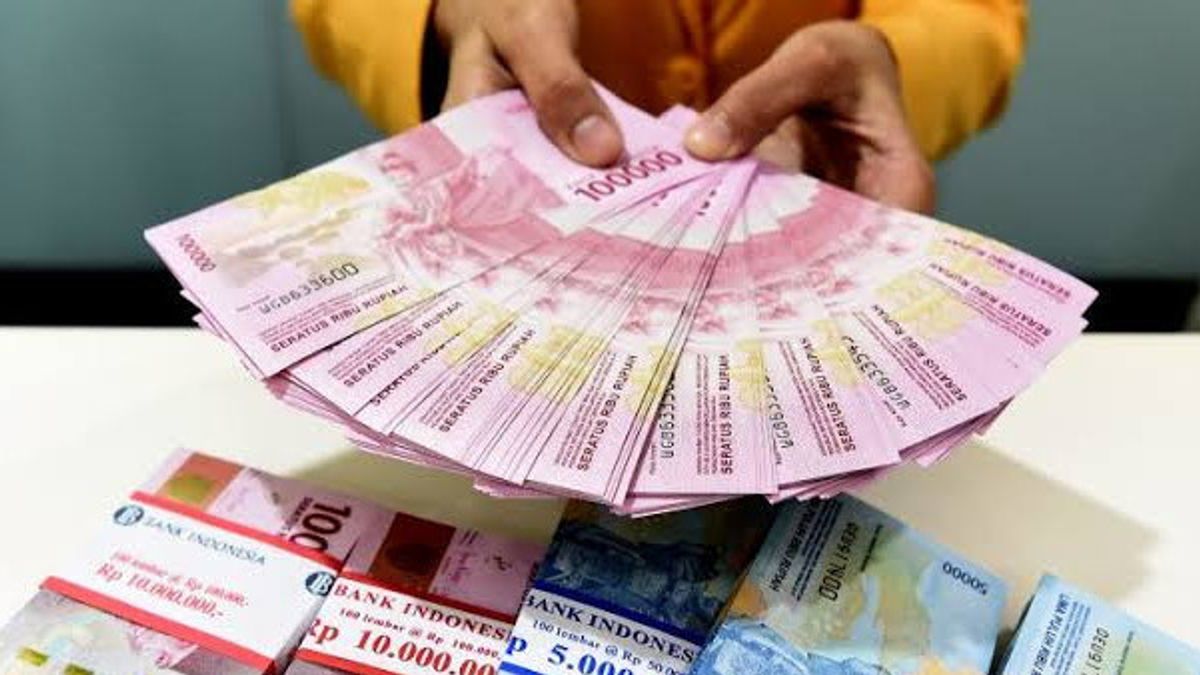JAKARTA Indonesia's manufacturing activities continue to show positive performance. In April 2024, Indonesia's Manufacturing Purchasing Managers (PMI) were recorded to be still at an expansionary level of 52.9, which was higher than in March 2024 which was at the level of 54.5.
Head of the Fiscal Policy Agency, Ministry of Finance, Febrio Kacaribu said this marked the continuation of the expansionary trend of Indonesia's Manufacturing PMI for 32 consecutive months. This expansionary rate is driven by the level of domestic demand and the purchase of input goods in line with the moments of Ramadan and Eid al-Fitr in April 2024.
Meanwhile, the manufacturing output rate in April was recorded as expansive to the level of 55.4 compared to March at the level of 57.7, in line with the expansionary demand rate to the level of 54.4 compared to March at the level of 55.5.
In addition, several Indonesian trading partner countries also recorded expansionary manufacturing activities including China at the level of 51.4 and India at the level of 59.1, while several neighboring countries in the ASEAN region such as Malaysia and Thailand were recorded to be still contracting, each to the levels of 49.0 and 47.5.
Febrio said that in the midst of the ongoing global geopolitical turmoil, we can still maintain Indonesia's manufacturing activities well. It is evident from our manufacturing PMI index which is still continuing its expansionary trend.
"Nevertheless, the Government will continue to seek various policy supports to maintain national economic stability in the future," he said in his statement, quoted Friday, May 3.
Meanwhile, in April which coincided with Ramadan and Eid al-Fitr, Indonesia's inflation rate remained within the target range. The inflation rate decreased from 3.05 percent in March to 3.00 percent (yoy) in April, supported by slowing food prices.
Meanwhile, monthly inflation of 0.25 percent in April 2024 was one of the lowest compared to the past three years of Ramadan and Eid al-Fitr.
Febrio said the increase in economic activity at the moment of Ramadan and Eid al-Fitr pushed up core inflation to 1.82 percent (yoy) in April from March 2024 (1.77 percent yoy).
In addition, the increase in gold prices triggered by the uncertainty of the global economic situation contributed to the increase in core inflation. Meanwhile, government-regulated price group inflation (administered price) increased to 1.54 percent (yoy), from 1.39 percent (yoy) in March 2024.
Febrio said that the increase in component inflation occurred at transportation rates, especially air and intercity transportation along with the increase in community mobility during the Eid Al-Fitr homecoming period.
Meanwhile, in terms of food, volatile food inflation (volatile food) has begun to show a positive downward trend, although it still needs to be watched out for.
According to Febrio, the slowdown in volatile food inflation (volatile food), from 10.33 percent (yoy) in March 2024 to 9.63 percent (yoy) supported by various government efforts in controlling prices, including ensuring sufficient stock in facing the moment of Eid al-Fitr.
"The price of rice has begun to slope along with the entry of the rice harvest season and the consistency of the distribution of SPHP rice to maintain supply. Even so, extreme weather disturbances still have an impact on the movement of food prices, such as flooding in the onion center in Brebes," he explained.
Febrio said risk mitigation and various food prices were continuously carried out to maintain price and supply stability, including market and low-cost operations, regulation regulations on food retail prices, acceleration of imports and distribution of SPHP rice, strengthening food reserves, and synergy in controlling central and regional inflation.
"Inflation during Eid is under control and prices are expected to be corrected after Eid al-Fitr. However, food prices must still be watched out for in the next few months due to extreme weather factors that affect global food stocks and domestic production," closed Febrio.
The English, Chinese, Japanese, Arabic, and French versions are automatically generated by the AI. So there may still be inaccuracies in translating, please always see Indonesian as our main language. (system supported by DigitalSiber.id)













